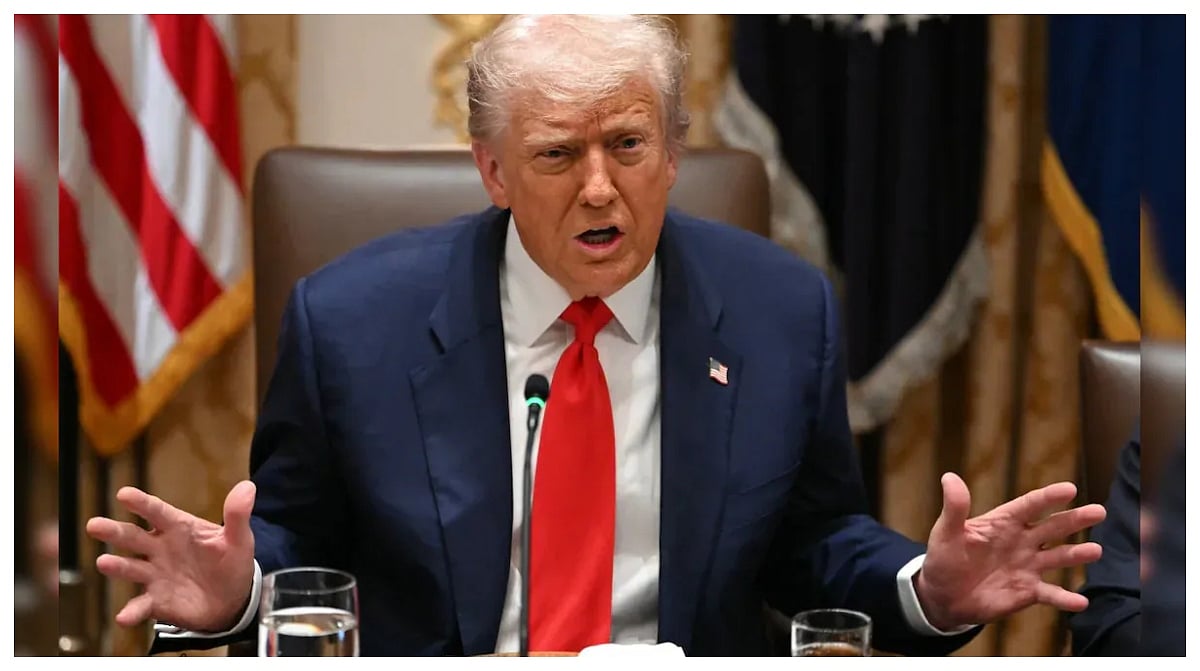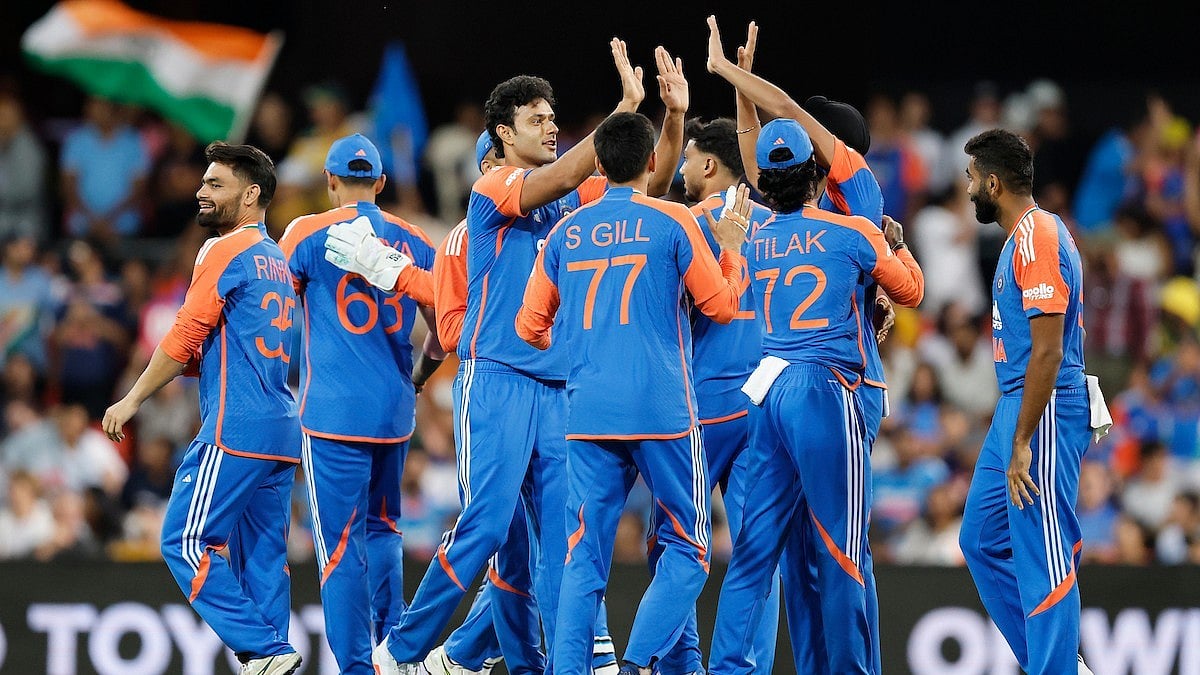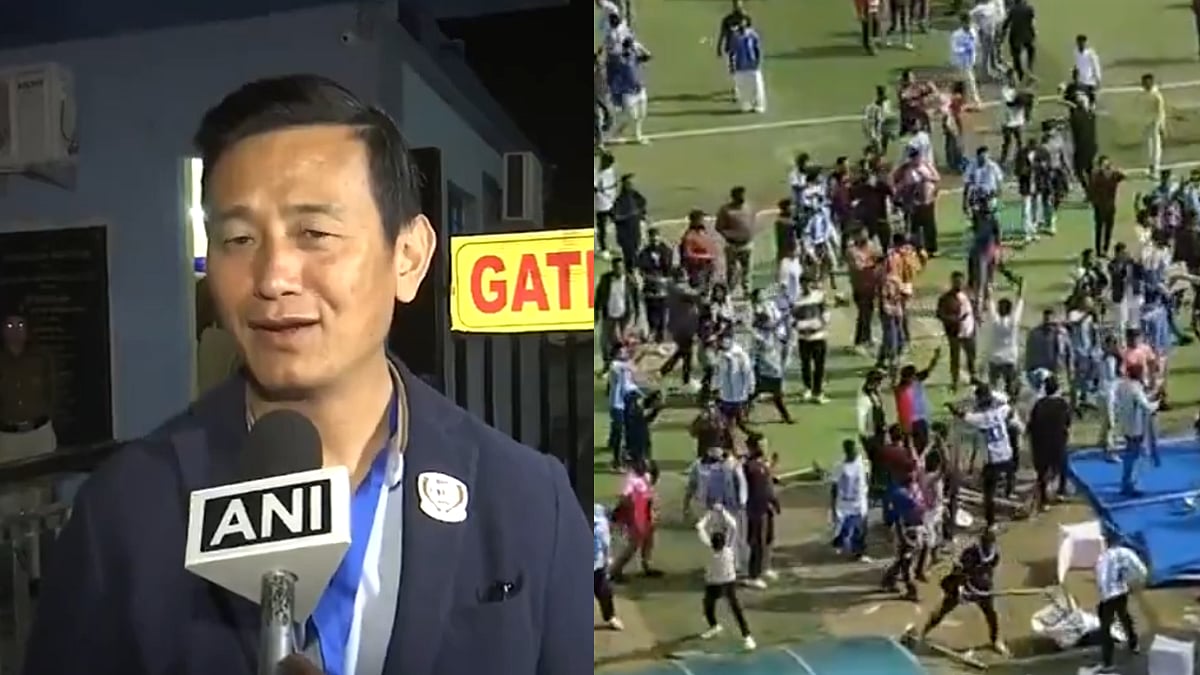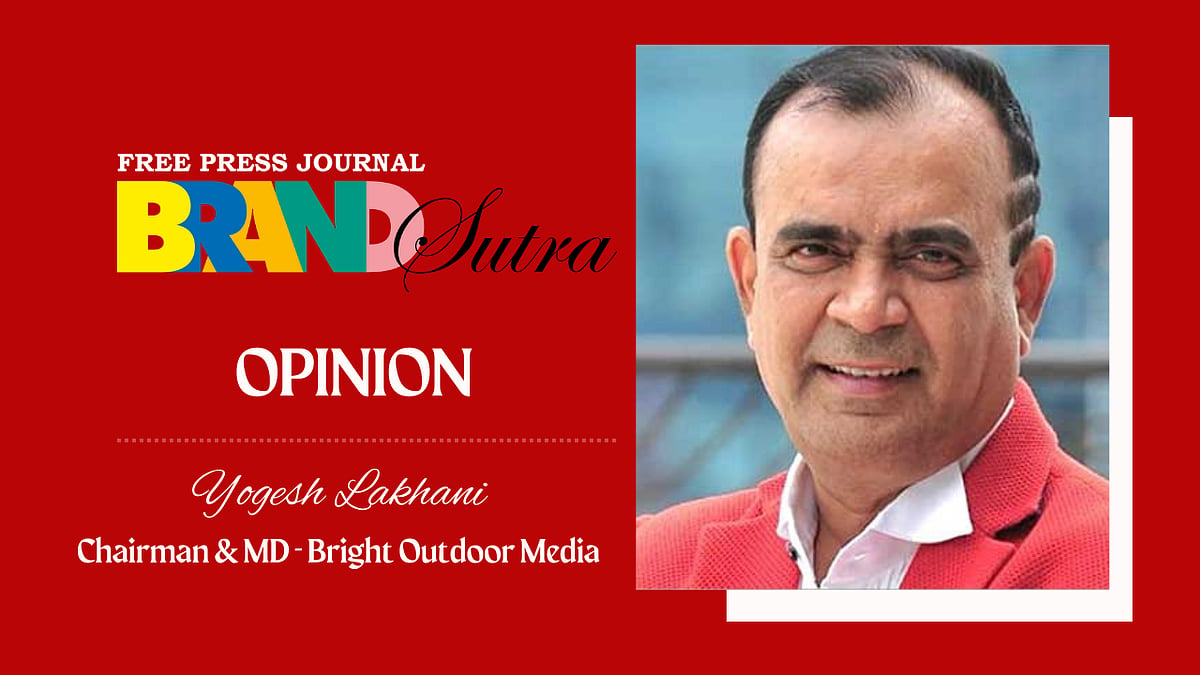Tata Trusts made its entry into cancer care with the opening of the Tata Memorial Hospital in Mumbai in 1941. What have been some of the landmarks in its journey since then?
With the reported cancer incidence in India standing at 15 lakhs and real incidence estimated to be 1.5-3 times higher than the reported cases, India evidently has a challenge ahead of it: the problem of India’s growing cancer burden, which is an issue that continues to affect the lives of cancer patients and their primary caregivers who are usually family members.
Understanding this challenge, we at Tata Trusts have been championing efforts to reduce India’s cancer burden since 1941 with the opening of the Tata Memorial Hospital, followed by the launch of the Tata Medical Centre, a cancer hospital and research centre, in 2011. Over these years, we have consistently kept a close pulse on the cancer care landscape across the country, modifying existing efforts and initiating new ones to address the burning issue. This is why when the cancer-related mortality in India doubled between 1990 and 2016, we knew we had to do something to address this problem – it prompted us to launch our Cancer Care Programme in 2017. As part of the programme, we partner with State governments and like-minded organizations to develop a network of healthcare facilities to treat common cancers. Following a ‘distributed model of cancer care’, the programme focuses on four pillars of healthcare – enhanced access, uniform high-quality care, affordable care awareness, early detection and palliative care. In the coming years, we will stay committed to our mission of transforming cancer care in India, one initiative at a time. We are presently setting up a network of hospitals equipped with comprehensive diagnostic and full-fledged treatment facilities. At the same time, we are also supporting these initiatives to reduce India’s cancer burden with campaigns like ‘Kaise Ka Cancer’, to spread better awareness around the subject.

The ‘Kaise Ka Cancer’ campaign highlights the feeling of uncertainty that cancer patients and their caregivers, especially those from smaller towns and villages, experience when detected with cancer, and how Tata Trusts supports them |
Please tell us about Tata Trusts’ latest campaign ‘Kaise Ka Cancer’. What are the insights behind the three films that are part of the campaign?
Amplifying our efforts to support the #closethecaregap movement, we launched our latest campaign ‘Kaise Ka Cancer’. Conceptualized by Rediffusion Brand Solutions and produced by Cutaway Films, the three-film campaign captures insights from an in-depth consumer study conducted in several parts of the country to help trace a patient’s journey from ‘disease discovery’ to ‘disease recovery’. Each film from the campaign deals with the subject in a sensitive and informative manner, uncovering different realities of cancer care in India – especially for those hailing from smaller towns and cities where healthcare remains inaccessible – highlighting the feeling of uncertainty that strikes cancer patients and their caregivers post-detection, and spotlighting endeavours to address the deeper issues around cancer care in India.
The campaign opens with the first film taking viewers on an emotional journey into the lives of cancer patients by showcasing how uncertainties around their personal lives, finances, and future weigh more on their minds than the cancer itself; followed by the next film which builds on the stress of uncertainties, highlighting the mental agony of the patient’s family members and caregivers through this difficult time and the ray of hope that hospitals supported by Tata Trusts provide for the entire family. The campaign concludes with the third film showcasing the need to stay vigilant and stop ignoring symptoms such as difficulty in swallowing, lumps, mouth ulcer and unusual vaginal discharge and emphasizes the importance of regular testing and check-ups. Spreading awareness about quality, affordable and accessible healthcare options by Tata Trusts, the films also spotlight how the Trusts’ initiatives are providing services to help patients and their primary caregivers navigate this challenging journey.
Could you take us through the backstory - the process of ideation, agency briefing and sensitive execution of the campaign?
When the idea of this campaign first came about, we knew that we would be dealing with an extremely sensitive topic that continues to adversely affect lives of patients and their friends and families across India, and wanted to leave no stone unturned in ensuring that we deal with the subject delicately and appropriately.
Driven by this sentiment of responsibility, we ensured that we follow an in-depth process including extensive qualitative research that was conducted across several cities comprising focused group discussions (FGDs) and direct interviews (DIs). As part of this research, we met cancer patients and their families and went through heart-wrenching accounts of their journey from disease discovery to disease recovery, especially in smaller towns. We discovered the widely prevalent ignorance of cancer symptoms that primarily result in late detection and consequently poor survival rates, resulting in greater fear of the disease. The research reconfirmed the harsh reality, where 70% cancers are detected late compared to the worldwide average of 30%, as most participants confirmed having come across maximum cancer cases in later stages. Focused on sharing these stories, raising awareness, and ‘flipping the ratio of early to late detection’, we worked closely with Rediffusion Brand Solutions and Cutaway Films, to render this creative articulation of ‘kaise’, addressing the plethora of questions faced by a patient and his family when the disease strikes. To further drive home the message that more lives can be saved with the simple act of screening and testing, we decided to adopt a digital-first approach, working with various traditional and local media channels to help us amplify the campaign.
What are the primary goals before the ‘Kaise Ka Cancer’ campaign? What has been the response to it so far?
The ‘Kaise Ka Cancer’ campaign comes as a valuable extension to help us strengthen our efforts in the direction of transforming cancer care in India. Our primary goals with this 360-degree campaign are to reassure cancer patients and caregivers that we understand their anxieties and concerns and are committed to providing relief by making quality, affordable and compassionate care accessible. We have also tried to emphasize and highlight the importance of getting checked and tested for cancer. Touching a chord with audiences and partners alike, the campaign has been successful in garnering support by our philanthropic community connect and activations in relevant areas where our hospitals are coming up. The campaign has so far garnered more than 5 million views across platforms, and we have received emotional responses from so many who have identified with the protagonists of the two films and their journey with the disease.
Given the significance of the cause, we are hoping like-minded partners will join us in this all-important journey to reduce the cancer burden in India over the coming months as well.
On a scale of 1 to 10, how do you rate India’s progress in early detection of cancer? How can this be made more urgent?
Annually, we see over 15 lakh new cancer cases being diagnosed in the country, and over 70% of these cases are in the late stages of the disease - making treatment more difficult and lowering the chances of successful recovery. India’s cancer mortality too is among the highest in the world at 70%, which is in contrast to many developed countries that have managed to reduce their cancer mortality rate to 30%. The Government of India, through the National Health Mission (NHM) runs several public health programmes for screening and awareness of Non-Communicable Diseases (NCDs) including cancer.
Tata Trusts has put in place a robust public health programme to undertake community awareness and screening activities for common cancers, in partnership with local state and district health administration. The programme seeks to strengthen existing government programmes like National Programme for Prevention & Control of Cancer, Diabetes, Cardiovascular Diseases & Stroke (NPCDCS) and National Tobacco Control Program (NTCP).
This is being supplemented with ‘Health Screening and Awareness Centres’ called ‘Swasth Kiosks’, which have been set-up in collaboration with Government medical college hospitals/district hospitals to provide free screening and awareness services to patients and their family members. Ten such kiosks are operational in Guwahati, Barpeta, Tezpur, Dibrugarh, Diphu, Silchar in Assam, Chandrapur in Maharashtra, Ranchi in Jharkhand, Tirupati in Andhra Pradesh and Bhubaneshwar in Odisha.
To meet the needs of communities residing in remote areas, a Mobile Medical Unit (MMU), with mammography machine, has been introduced at Sri Venkateswara Institute of Cancer Care & Advanced Research (SVICCAR), Tirupati, Andhra Pradesh. It offers free of cost screening for non-communicable diseases (NCDs) and oral, breast and cervical cancers.
We are hopeful that the ‘Kaise Ka Cancer’ campaign will strike a chord and result in acceptance for screening and testing for cancer and help in moving the needle towards early detection.
What next from Tata Trusts in its cancer care mission? What are some of the talking points on the agenda right now?
Tata Trusts aims to provide quality, affordable and compassionate cancer care to millions of Indians, closer to their homes. To achieve this objective, we have been collaborating with State Governments and like-minded organizations, and set up and upgraded 15 cancer care centres across seven States. In addition to our public health programme, we have set up a state-of-the art Centre for Oncopathology in Mumbai, Maharashtra. To ensure expert care for patients, over 50 oncology specialists and 500 domain-trained nurses have been recruited at these centres.
The ‘Kaise Ka Cancer’ campaign is created to bring the journeys of cancer patients and their families to the forefront of public conversation.

The ‘Kaise Ka Cancer’ campaign highlights the feeling of uncertainty that cancer patients and their caregivers, especially those from smaller towns and villages, experience when detected with cancer, and how Tata Trusts supports them |
Over the last 20 years, you have been a brand-builder, working across retail, telecom and consumer durables industries. What are some marketing truths you learnt on the ground, while actually meeting consumers?
I cannot emphasize enough on the importance of understanding the reality of your consumer, the world of your consumer. As a marketer, I remain curious and make efforts to gauge the pulse of the consumer and above all else, focus on the insight. The rest will follow. The other marketing reality that applies across industries is the ability to create unique, enchanting micro-experiences for the consumer. One can build them into the consumer journey, be it digital or physical, but a signature experience allows for the brand to remain special for the consumer. Some of the brands I have been privileged to serve have managed to do this beautifully, getting consumers to be their champions. The last marketing truth I’d like to share is that your brand is your only long-term asset that keeps giving. It is a field of expertise that combines science, technology, culture and art. It allows one to build on data from numerous touchpoints and layer it with evolved creative messaging that can drive deep, meaningful behaviour change: be it for a social cause or for a commercial product or service. Our behaviour as a society, culture and consumer can be nudged to change with effective marketing. We need to stop thinking of it as an ‘expense’ department and realize that it is truly the DNA of your organization.
What have been your most memorable moments while leading the communication charter for Tata Trusts? As a marketing professional, how different is this role from your earlier roles?
In my early years at Tata Trusts, developing the DNA for a young brand that reflects the thinking of a 140-year-old organization was a fabulous experience. As a young team, the process, the collaborative thinking, the ability to mine and adapt models of marketing to the sector were exciting. As a marketer, these are challenges that can test your mettle and define you. From the experience of handling communication across various areas of our work, a few will stay with me, perhaps for life. This includes our visits to the tribal hamlets of Odisha and Maharashtra to understand the barriers and triggers related to incidence of malaria and consumption of tobacco, respectively. Our ability to derive insights and develop communication campaigns to drive local behaviour change was absolutely amazing.
This role is like no other - one is blessed to be surrounded by passionate, committed teams that perpetually allow for intellectually stimulating discussions. The cause is bigger than anything else and in the absence of clear CTAs, bringing consumer goodwill to your brand is a challenge that I have thoroughly enjoyed overcoming. A big shout-out to my team who have shaped my thinking, and helped me mature as a leader.

Deepshikha Surendran, Head of Brand and Marketing Communications, Tata Trusts |
Your LinkedIn profile says that you are ‘keen to make a career out of doing good’. What are your personal and professional priorities at this point?
The time to think ‘strategic philanthropy’ is now. The time to drive sustainable, transformational change is now. Every brand is soul-searching to find its ‘purpose’. At Tata Trusts, our purpose was defined 140 years ago by our Founder, the visionary philanthropreneur J N Tata, and it still holds good. I could not have chosen a better time to cross over from the corporate sector with all its learnings and experiences. It has been a satisfying journey as we get to do our bit in nation-building. Mainstreaming communication as a driver of change is a high priority for me and my team. As in the commercial world, so also in the social sector, effective communication can help drive goals and objectives.
What is your life mantra – something that you believe in and follow every day?
I remind myself every day that life is beautiful: live to the fullest. I bring a positive, happy, open mind to work every day and the universe returns the favour.









